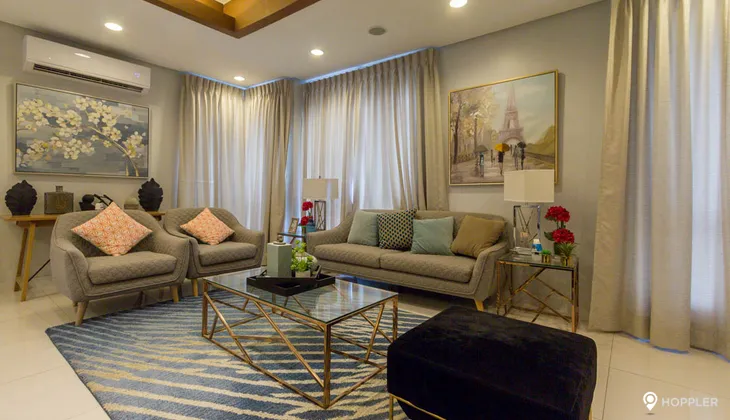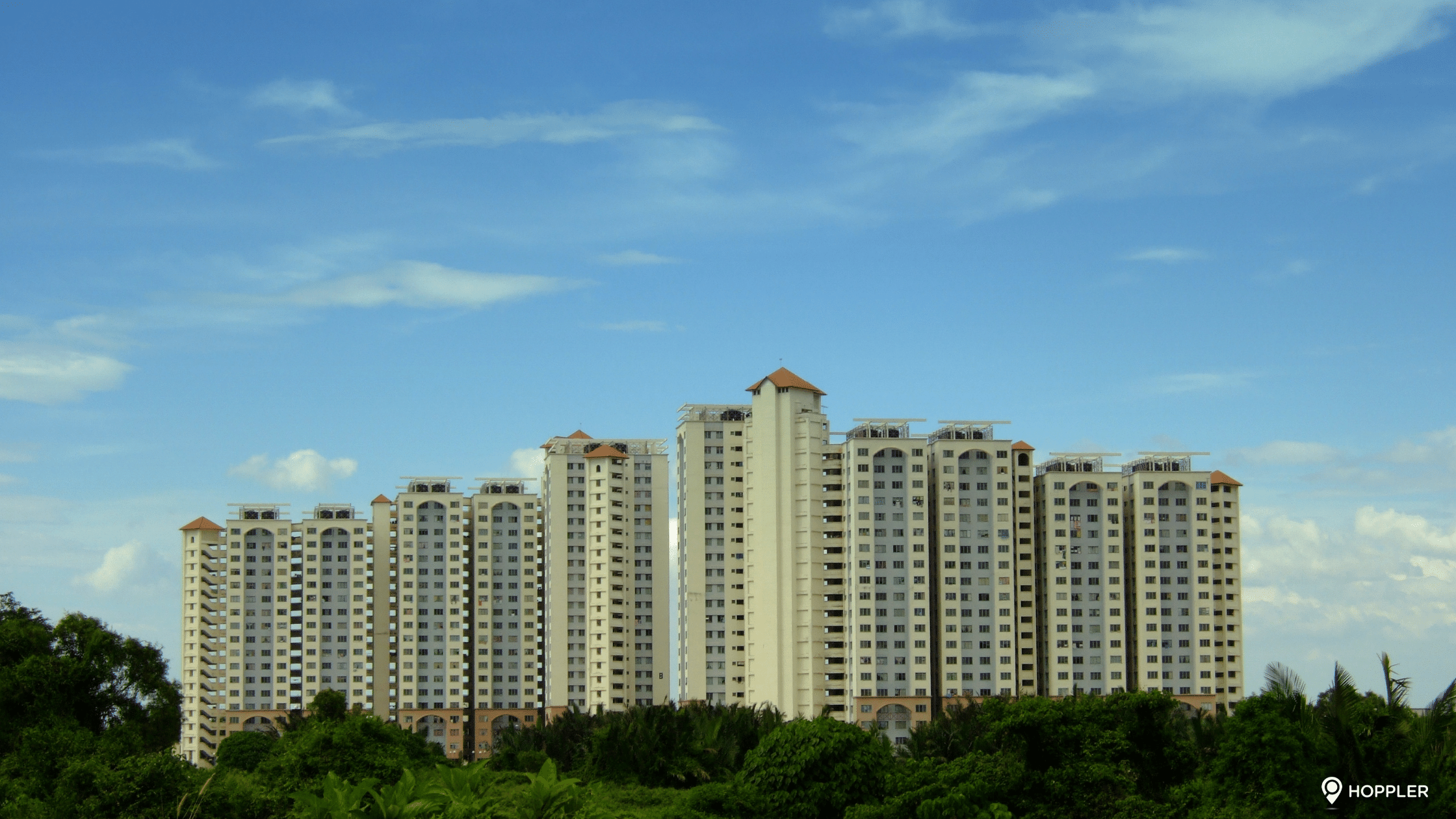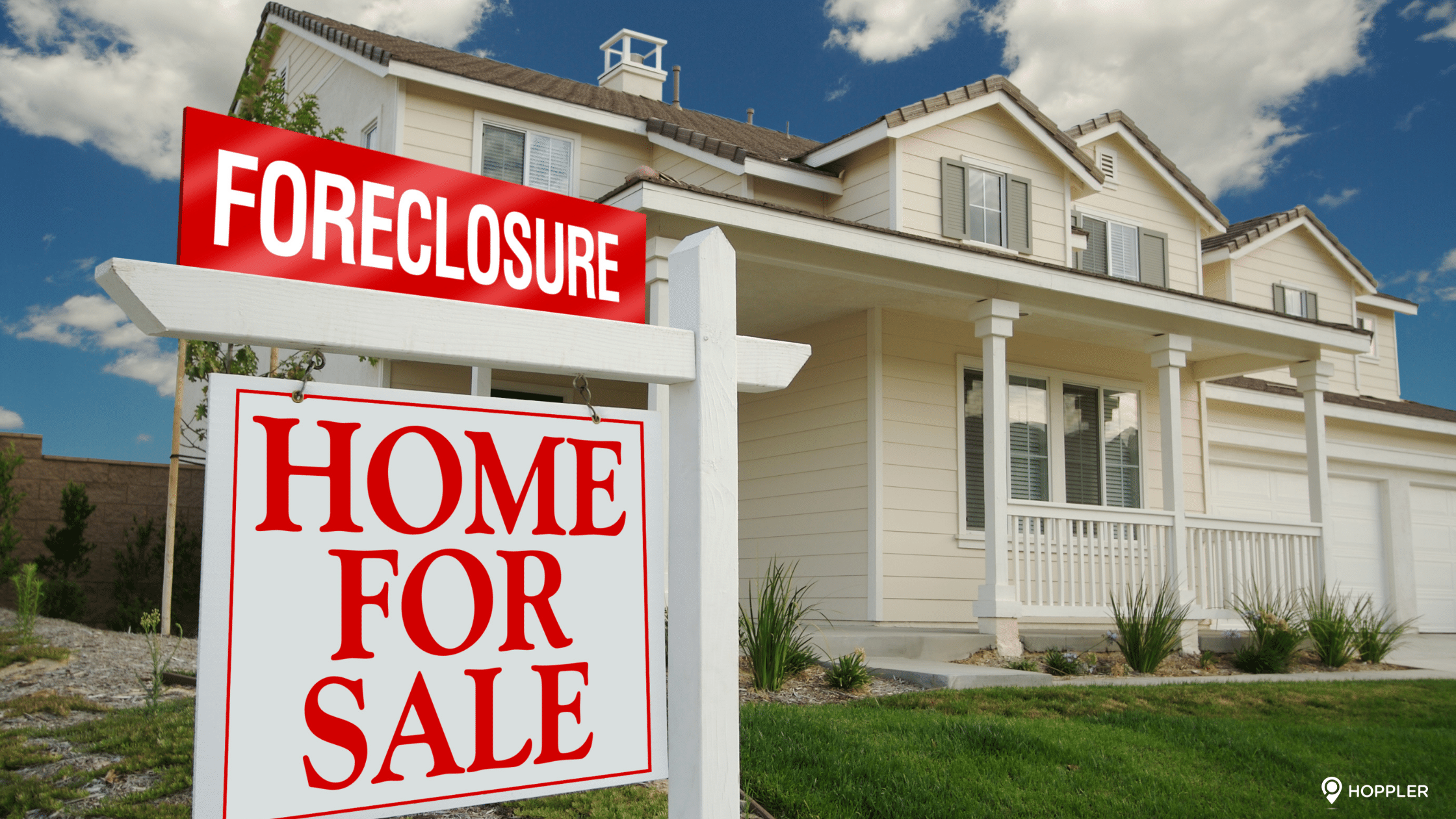

Featured Articles
Air Purifier vs. Humidifier: Which One is the Best For You?
By Hoppler Editorial Board - December 12, 2022Continue reading 

Real Estate News
3 Types of Industrial Real Estate Properties That Will See Continued Growth in 2021
By Hoppler Editorial Board - August 12, 2021Continue reading 

Featured Properties
A Look Inside SMDC’s Shore Residences’ Resort-Style Living
By Hoppler Editorial Board - September 20, 2022Continue reading 

Real Estate Tips
When to Begin Looking for a New Home?
By Hoppler Editorial Board - October 21, 2021Continue reading 

Broker Tips
Licensed Broker Roles in Pandemic: Benefits of working with brokers
By Hoppler Editorial Board - September 23, 2021Continue reading 

Lifestyle
7 Tips You Can Follow to Renovate Your House Without Hampering Your Budget
By Hoppler Editorial Board - November 26, 2021Continue reading 

Free Resources
First-time Homebuying Guide [FREE PDF DOWNLOAD]
By Hoppler Editorial Board - May 28, 2018Continue reading 



















